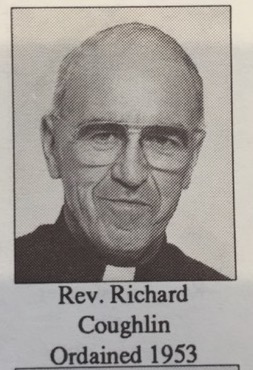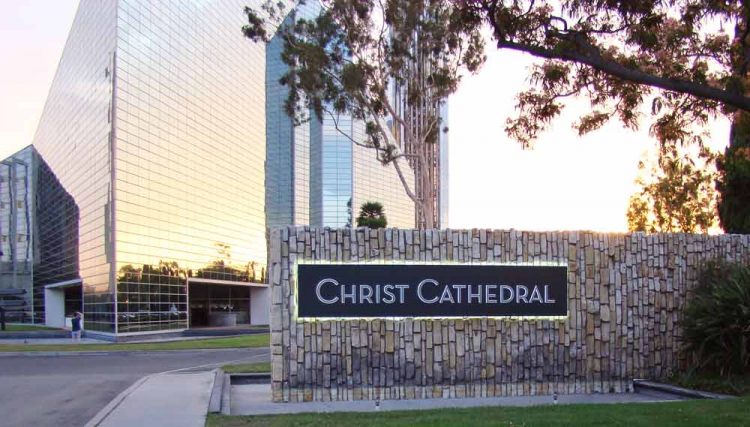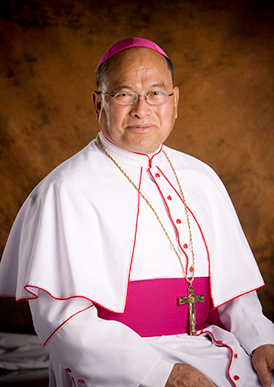I love paperwork. Yesterday, the Diocese of Orange issued a statement responding to the latest sex abuse and cover-up lawsuit against Fr. Richard T. Coughlin. In it, they said: Richard Coughlin was ordained in the archdiocese of Boston in 1953 and incardinated in the Archdiocese of Los Angeles in the 1960s, predating the Diocese of…Continue reading The Orange Diocese is spinning yarns. But the truth is in the documents




